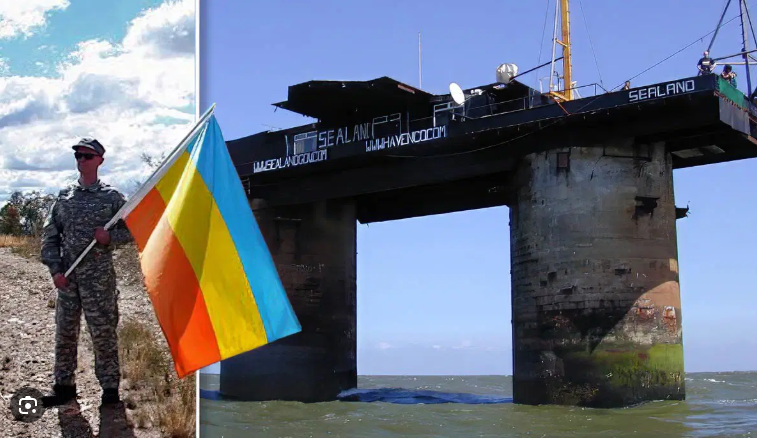In recent years, the concept of micronations has gained popularity among individuals seeking to establish their own unique communities and territories. These self-proclaimed entities, often consisting of a small group of enthusiasts, have sparked intriguing discussions about sovereignty, governance, and identity. Let’s delve into the fascinating world of micronations and explore the reasons behind their creation, challenges they face, and the impact they have on the global stage.

What Are Micronations?
Micronations are self-declared, unrecognized entities that claim to be independent sovereign states, despite lacking recognition from established nations and international organizations. These entities can take various forms, ranging from small residential properties to entire islands. The motivations behind creating micronations vary, with some enthusiasts seeking to experiment with alternative forms of governance, while others aim to promote a particular ideology or simply have fun.
Why Do People Create Micronations?
The reasons behind the creation of micronations are as diverse as the entities themselves. Some individuals establish micronations as a form of political protest or satire, using them to highlight issues such as government overreach or bureaucracy. Others see micronations as an opportunity to explore different systems of governance, testing out ideas that may not be feasible in established nations.
Additionally, micronations can serve as a platform for creative expression, allowing individuals to develop their own cultures, flags, and diplomatic relations. The sense of community and shared purpose that micronations provide can be a powerful motivator for those looking to connect with like-minded individuals and forge new identities.

Challenges Faced by Micronations
Despite their innovative spirit and creativity, micronations face numerous challenges on their path to recognition and legitimacy. One of the key obstacles is the lack of formal recognition from established nations and international bodies, which can hinder their ability to engage in diplomatic relations and access essential resources.
Additionally, micronations often struggle to establish sustainable economies and infrastructure, relying on the dedication and resources of a small group of enthusiasts. Maintaining a sense of cohesion and purpose within the micronation community can also be challenging, as differing ideologies and goals can lead to internal conflicts.
Impact of Micronations on the Global Stage
While micronations may seem like small, niche entities, they have the potential to spark significant discussions about sovereignty, identity, and governance on the global stage. By challenging conventional notions of statehood and citizenship, micronations push boundaries and encourage individuals to think critically about political systems and structures.
Furthermore, the creativity and ingenuity displayed by micronations can inspire innovation in governance and community-building, offering valuable insights to established nations grappling with complex challenges. By fostering a sense of experimentation and collaboration, micronations contribute to the diversity and vibrancy of the global political landscape.
In conclusion, micronations offer a unique window into the possibilities and challenges of self-governance and community-building. While they may exist on the fringes of the international community, their impact and influence should not be underestimated. As we continue to explore the world of micronations, let us embrace the spirit of creativity, collaboration, and innovation that they embody.
Meta Description: Discover the fascinating world of micronations and explore the reasons behind their creation, challenges they face, and the impact they have on the global stage.
